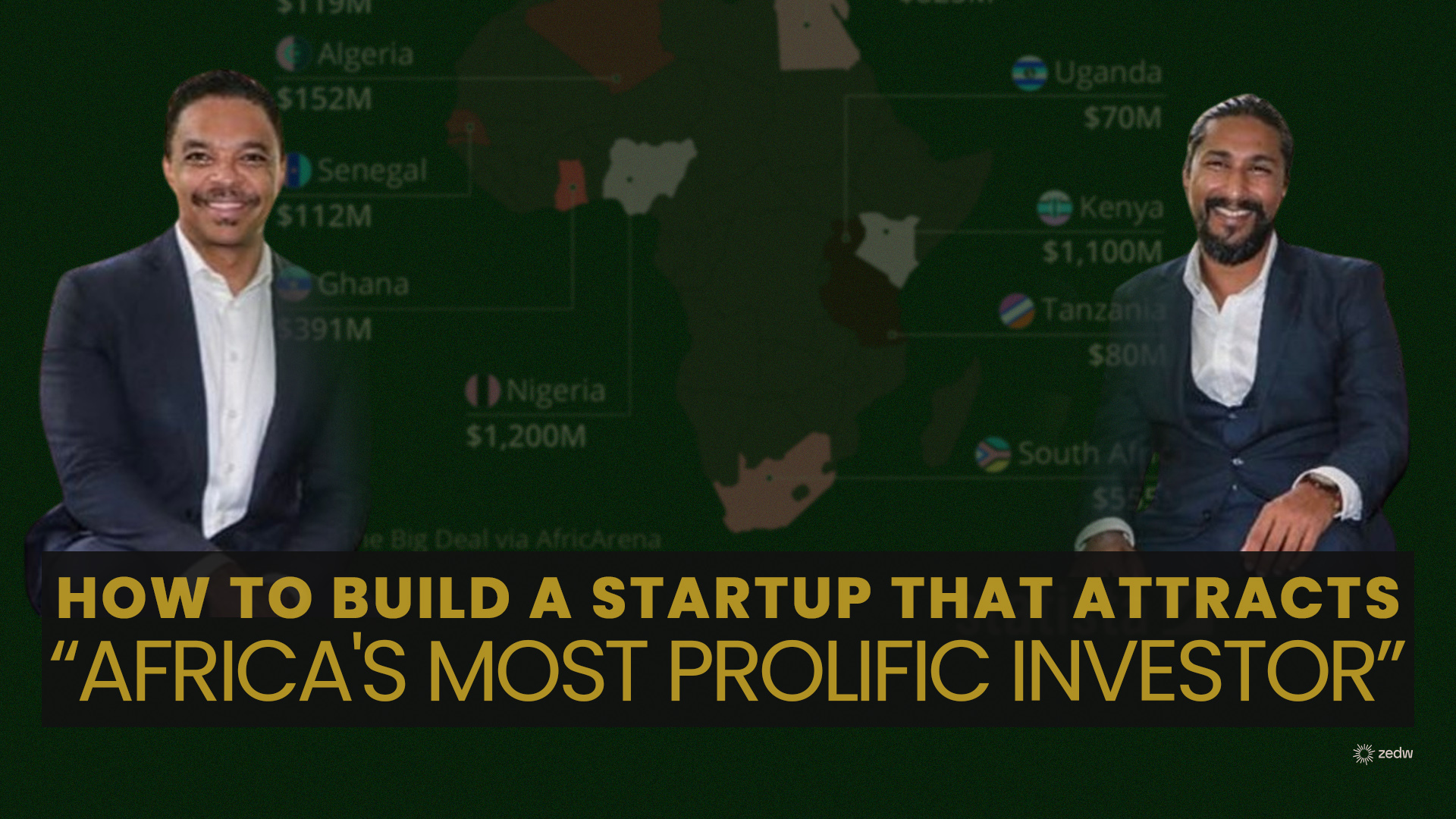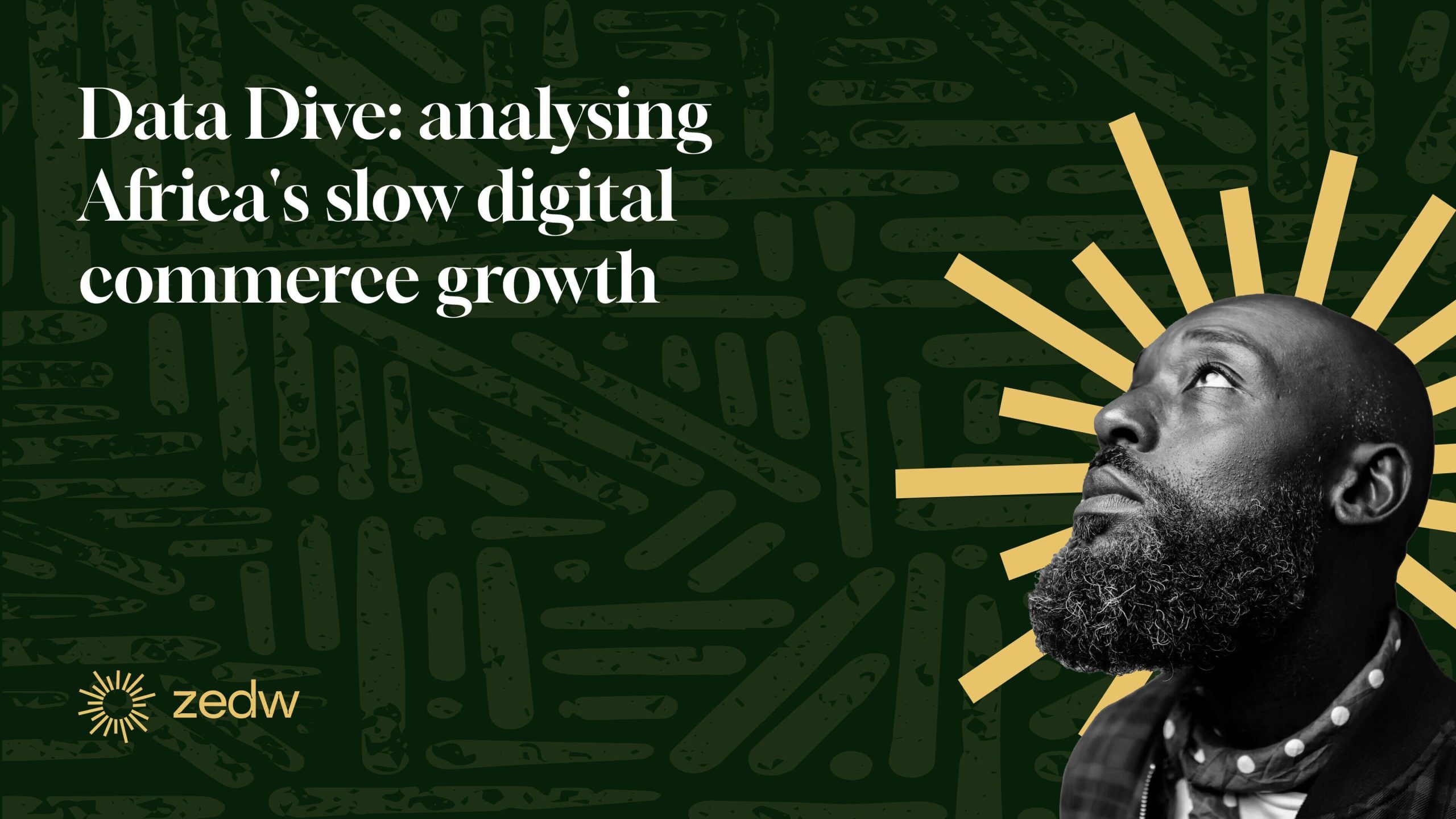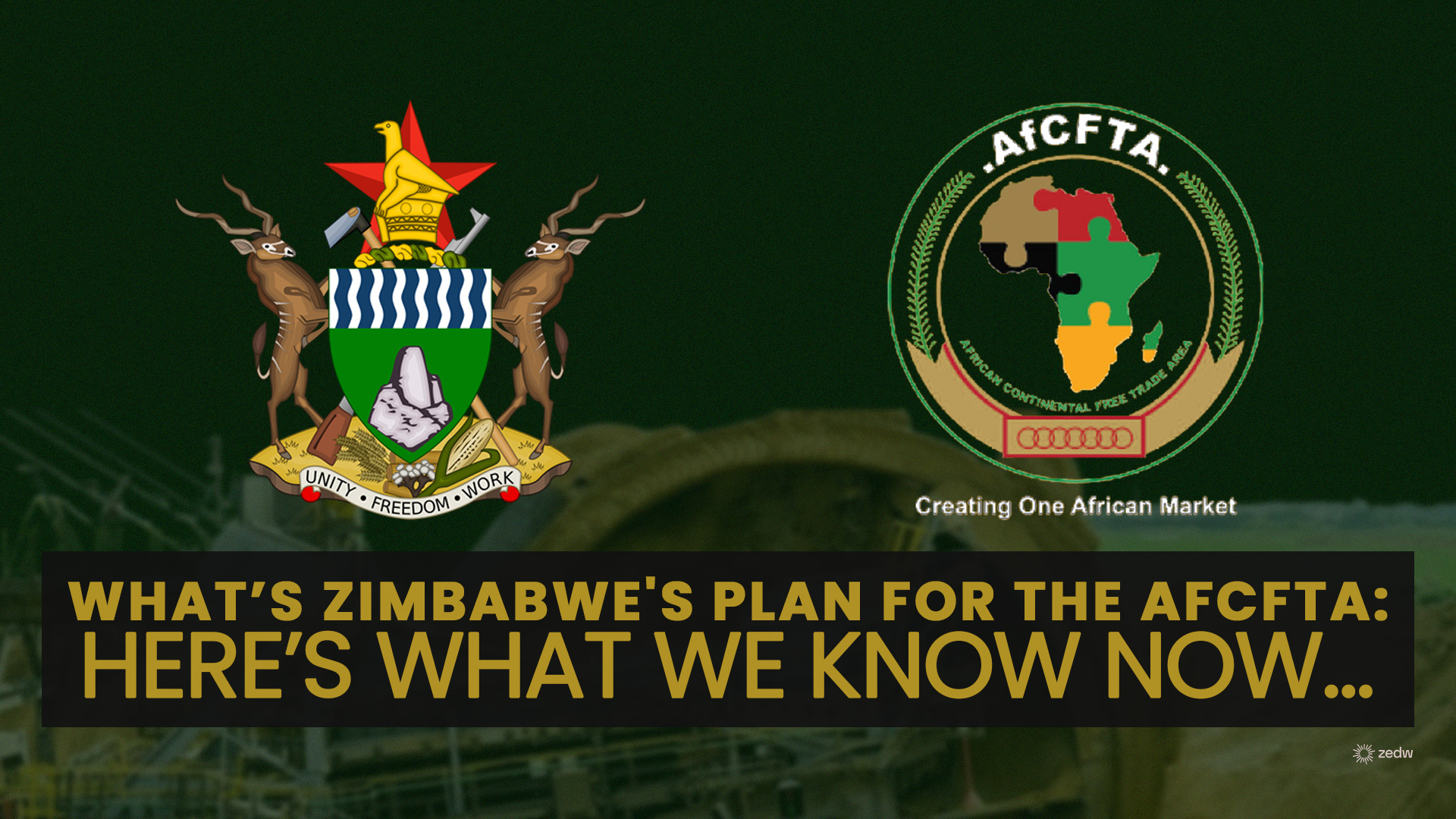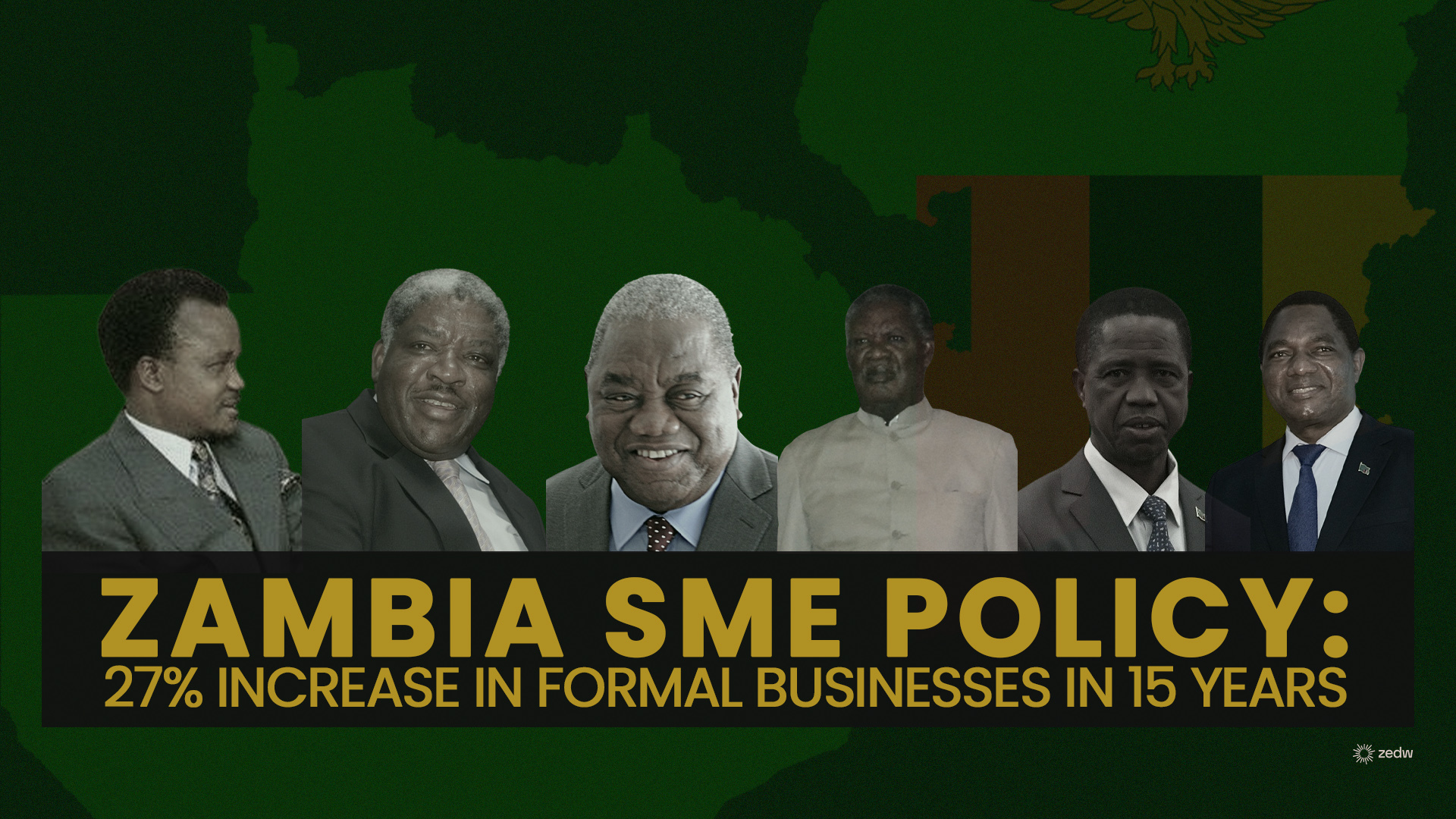In 2023, startups all over the world raised $285 billion. If we narrow it down by region and I asked you to guess the percentage of that money that found its way to Africa – what would be your guess? Seven percent? Heck maybe twelve percent? The more optimistic among you would hope that it’s as high as even 20% right? Well, the reality on the ground is much different. An estimated $4bn found its way to Africa – a paltry 1.5% of the total disclosed startup funding.
This clear funding gap is what motivated Zachariah George and Janade Du Plessis to unveil Launch Africa – a fund with the primary objective of unlocking the capital constraints of Seed Stage tech startups in 2020.
“Launch Africa Fund I was launched In October 2020 and over an 18-month period raised a total of US$36.3mn in capital from 238 investors across 40 different countries worldwide. These investors included individuals, family offices, corporate venture funds and fund-of-funds.”
Zachariah George and Janade Du Plessis to AfriSpective by AVCA
The fund has quickly established itself as one of the most present sources of capital on the continent – dishing out 142 investments (38 of those as the lead investor) before reaching its fourth year of operation. In previous interviews, the founding partners expressed that there is a unique opportunity in early-stage funding because founders in Africa do not have access to savings, friends/family money or exposure to an angel investor market.
What kind of businesses does Launch Africa eye?
Launch Africa has thus far been sector-agnostic, allowing investment in a range of sectors such as fintech, edtech, healthcare, e-commerce, agtech, logistics and more…
The fund typically requires that these businesses have completed commercial pilots, proof of concepts or are already in the market partnering with relevant corporates like banks, insurers, telcos, retailers etc. Launch Africa’s documentation also clearly outlines that they prefer businesses with B2B or B2B2C models over those offering their products/services directly to consumers.
The businesses typically targeted by Launch Africa (in Fund I) most likely received anything between $250k to $1mn cheques depending on whether or not they met the fund’s criteria. The cheques for that initial fund were between 5x-10x annual recurring revenue (ARR) that the startups were generating – though the fund can make rare exceptions and exceed the 10x ARR threshold.
The investment process – due diligence phase
Startups go through an 8+ week process that starts with an initial screening of potential investment opportunities. During this screening period market opportunity, team, product and financials are all being assessed and then the information is passed on to an investment committee for final approval.
Revenue is a big deal for Launch Africa. The businesses have to be generating revenue on a recurrent basis. Typically, the fund won’t look your way if your monthly recurring revenue is lower than $25,000/month. Whilst that is the minimum, startups making closer to or around $50,000 will be taken more seriously. Not only that, but revenue must also be showing signs of growth – around 10% month-on-month. The only time an exception is made to back pre-revenue startups is “if the technology and I.P are truly transformational.”
At the founder and team level, a few things are considered as well. Founders/team members who have graduated from world-class accelerator programs are “very strongly preferred”. Beyond this, there must be a clear indication that the startup will be ready to scale beyond its home market within 12 months of receiving funding or startups that have displayed global relevance and an international mindset from their onset.
Just as the startup has to be an “African startup”, the core operations team have to be in an African market. This is probably meant to avoid situations where a startup’s strategy and response to its market is led by people who are not constantly interfacing with the customers on the continent. The startup itself however has to be incorporated in countries that Launch Africa describes as “investor-friendly jurisdictions.” Examples include but are not limited to the US, UK, Singapore and the Netherlands.
Launch Africa anticipates that the startups who meet the rest of the criteria above would in ideal circumstances also be ready for a series A round of $5mn+ 6-18 months following their own investment. If a startup ticks all the above boxes – Launch Africa then invests via SAFEs (Simple Agreement for Equity) or Convertible Notes with a target ownership of between 5%-20% equity.
All this culminates in an exit strategy that culminates over the 7–9-year lifespan of each fund. The founding partners disclosed that typical exit scenarios include mergers and acquisitions, trade sales, listings and secondaries that see Launch Africa sell their shareholding to other buyers.
At this time of writing Launch Africa is noted as having only been involved in 2 exits – which is plausible since Fund I is only in its fourth year and hasn’t reached the stated 9-year lifespans.
Investment activity within SADC region (excluding South Africa)
| Business | Country | Category |
| Mano Africa | Angola | Marketplace |
| AlphaDirect | Botswana | Insurtech |
| MaxiCash | DRC | Fintech |
| Sayna | Madagascar | Edtech |
| AMP Global | Mauritius | Digital Media/ Big data |
| AfriTrack | Tanzania | IoT |
| Credable | Tanzania | Fintech |
| inalipa | Tanzania | Marketplace |
| Ramani | Tanzania | Big Data |
| Verofax | Zambia | Big Data/IoT |
| Munch | Zimbabwe | Marketplace |
Wider investment activity
At the midway point of 2023, Africa:The Big Deal revealed some insights from Launch Africa’s investments upto that point. Here are some of the key observations and take aways
| Country | Number of deals | Amount invested | *Average cheque size |
| Nigeria | 30 | $7mn | $233k |
| South Africa | 28 | $6.5mn | $232k |
| Kenya | 17 | $4mn | $235k |
| Egypt | 14 | $3mn | $214k |
Beyond the countries, FinTech was the most popular company category that Launch Africa went for – investing in 42 deals in 13 markets. This will come as no surprise, as Fintech has been the most attractive product category for startups in Africa.
The 15-20 deal range included fields like Marketplaces, Logistics, Big Data and HealthTech. This of course pays testament to the sector agnosticism Launch Africa claims.
“A core feature of the Launch Africa portfolio is therefore its great level of diversification. There is significant depth and breadth in how the portfolio has been constructed, resulting in coverage across multiple geographies, sectors and verticals.”
The Big Deal | Spotlight on Africa’s most prolific investor
Future plans?
In Q3 of 2023, founding partners, Zachariah George and Janade Du Plessis revealed 3 that Launch Africa had started the process of raising Launch Africa Ventures Seed Fund II. They intended to raise $75mn-$100mn and intended to invest as much as $1mn. According to them Fund II would “have a very similar mandate and strategy as Seed Fund I”.
Q1 of 2024 was also earmarked as the start of Launch Africa’s Growth Fund – a $150mn fund dedicated to allocating Series A/B follow-on investments for the top 25-30 companies from the Fund I.
Later stage funding is beginning to look neglected with over 70% of funding going to startups in their pre-seed or seed rounds (in 2021 and 2022). It’s good to see Launch Africa is now looking to increase deal volumes at later stages of the startup funding cycle as well.







